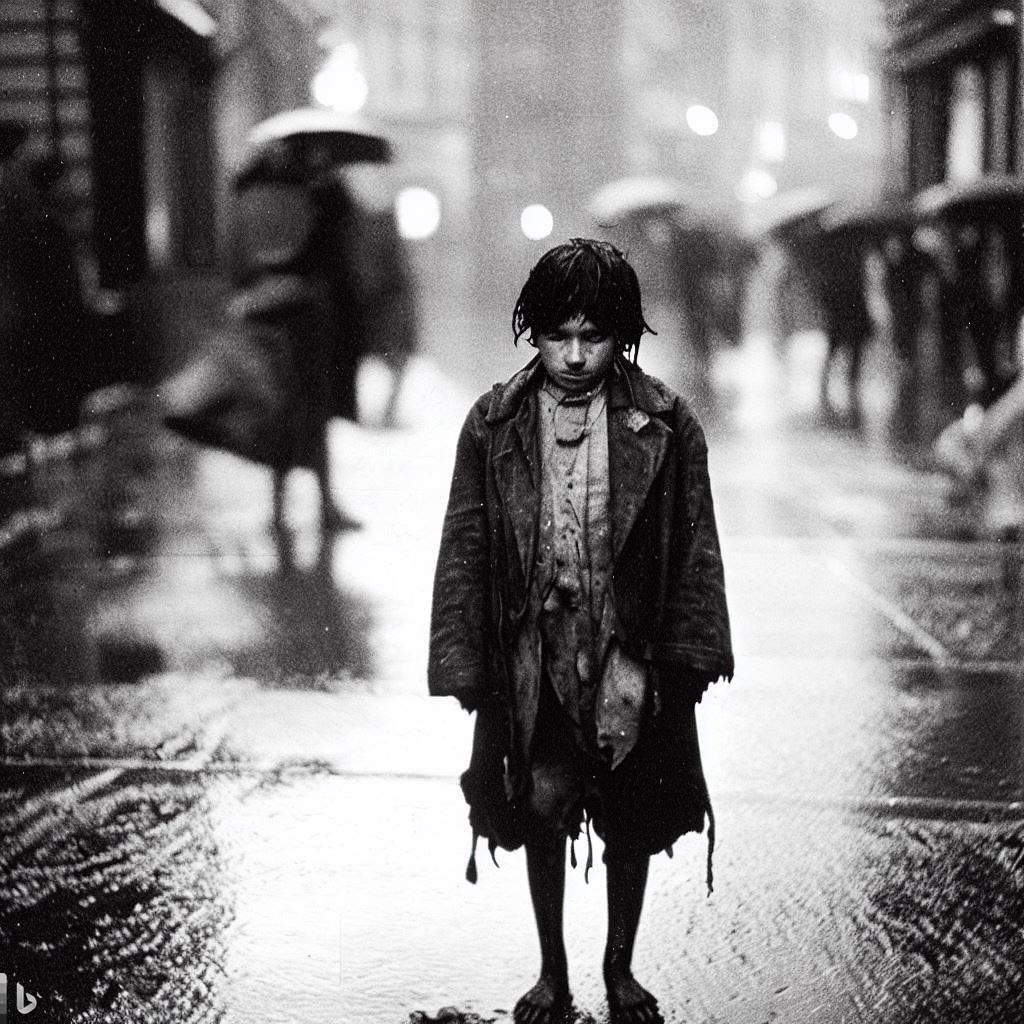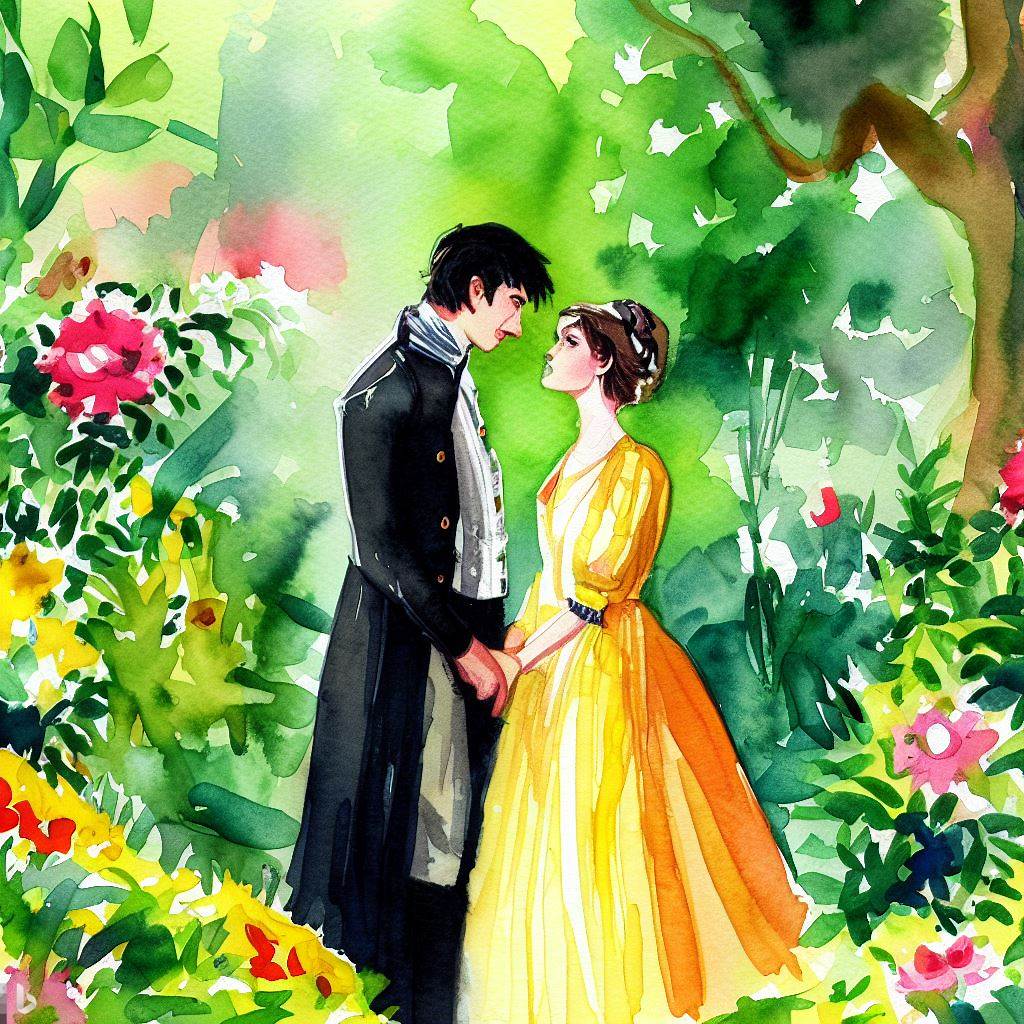
Introduction
Remember the days when you would curl up with a good children’s book, lost in a world filled with magic, adventure, and wonder? As adults, we often forget the simple pleasure of reading children’s literature. This article will help you rediscover the comfort and joy of children’s literature, highlighting the reasons why you should revisit these timeless stories.
The Magic of Children’s Literature
The Appeal of Nostalgia
Children’s books have a unique way of transporting us back to our childhood. They evoke feelings of nostalgia, allowing us to relive precious moments and memories. As we revisit these stories, we can’t help but feel a sense of comfort and connection to our younger selves.
Timeless Themes
The themes in children’s literature are often universal and timeless, addressing topics like friendship, courage, and love. These stories remind us of the essential values that shape our lives, providing valuable lessons and insights that resonate with readers of all ages.
The Art of Storytelling
Children’s literature is a testament to the power of storytelling. The best children’s books are able to captivate our imaginations, drawing us into the narrative with compelling characters, engaging plots, and vivid descriptions. This magical quality is what sets children’s literature apart, creating a special bond between the reader and the story.
Revisiting Familiar Worlds
Classic Children’s Literature
From the enchanting tales of Beatrix Potter to the whimsical stories of Dr. Seuss, classic children’s literature has captured the hearts of generations. These timeless tales continue to inspire and entertain, offering a delightful escape from the demands of adult life.
New Perspectives on Childhood Favorites
As we grow older, our perspective on life changes. Revisiting childhood favorites allows us to see these stories in a new light, deepening our appreciation for the creativity and wisdom they contain.
The Power of Illustration
Illustrations play a crucial role in children’s literature, bringing the story to life through captivating images. These visual elements add depth and dimension to the narrative, enhancing the reader’s experience and igniting their imagination.
Benefits of Reading Children’s Literature
Rediscovering the Comfort of Simplicity
In our fast-paced world, children’s books offer a refreshing simplicity. They remind us of the importance of slowing down and appreciating the small joys in life, providing a much-needed respite from the complexities of adulthood.
Exploring Contemporary Children’s Literature
Diverse Characters
Modern children’s literature is more inclusive than ever before, featuring diverse characters and stories that reflect a wide range of experiences. This representation fosters empathy and understanding, broadening our perspectives on the world around us.
Creative Storytelling
Contemporary children’s literature continues to push the boundaries of storytelling, exploring innovative narrative techniques and genres. These imaginative tales engage our curiosity, challenging us to think beyond the confines of traditional storytelling.
Encouraging Empathy
Children’s literature often tackles complex emotional issues, teaching readers the importance of empathy and compassion. Through relatable characters and situations, these stories help us to better understand and connect with others.
Why Adults Should Read Children’s Books
Encouraging Imagination
Children’s books are designed to spark the imagination, inviting us to explore new worlds and possibilities. As adults, it’s important to maintain a sense of wonder and curiosity, which can be nurtured through the magic of children’s literature.
Personal Growth
Reading children’s literature can also promote personal growth and self-reflection. These stories often present moral dilemmas and thought-provoking questions that challenge our beliefs, encouraging us to reevaluate our values and priorities.
Learning Life Lessons
Children’s literature is packed with valuable life lessons that are relevant to adults as well. These timeless tales offer insights into perseverance, kindness, and the importance of staying true to oneself, providing guidance and wisdom that can enrich our lives.
Conclusion
Rediscovering the comfort and joy of children’s literature is an enriching experience for adults. Whether you’re revisiting childhood favorites or exploring contemporary titles, these stories offer a wealth of wisdom, inspiration, and delight. So, go ahead and lose yourself in the magical world of children’s literature – you might be surprised by what you discover.
FAQs
- What are some classic children’s books to revisit? Some classics to revisit include “The Tale of Peter Rabbit” by Beatrix Potter, “The Cat in the Hat” by Dr. Seuss, “Alice’s Adventures in Wonderland” by Lewis Carroll, and “Charlotte’s Web” by E.B. White.
- How can I find new children’s literature to read? Visit your local bookstore or library, browse online bookstores, or check out book blogs and social media for recommendations on contemporary children’s literature.
- Is there a specific age range for children’s literature? While children’s literature is generally aimed at younger readers, many books can be enjoyed by readers of all ages due to their timeless themes and engaging storytelling.
- Can reading children’s books help improve my writing? Yes, reading children’s literature can help you develop a more engaging writing style, as these stories often emphasize concise language, strong characterization, and vivid descriptions.
- Why is it important for children’s literature to feature diverse characters? Diverse representation in children’s literature helps promote empathy, understanding, and inclusivity, reflecting the wide range of experiences and backgrounds of readers.

